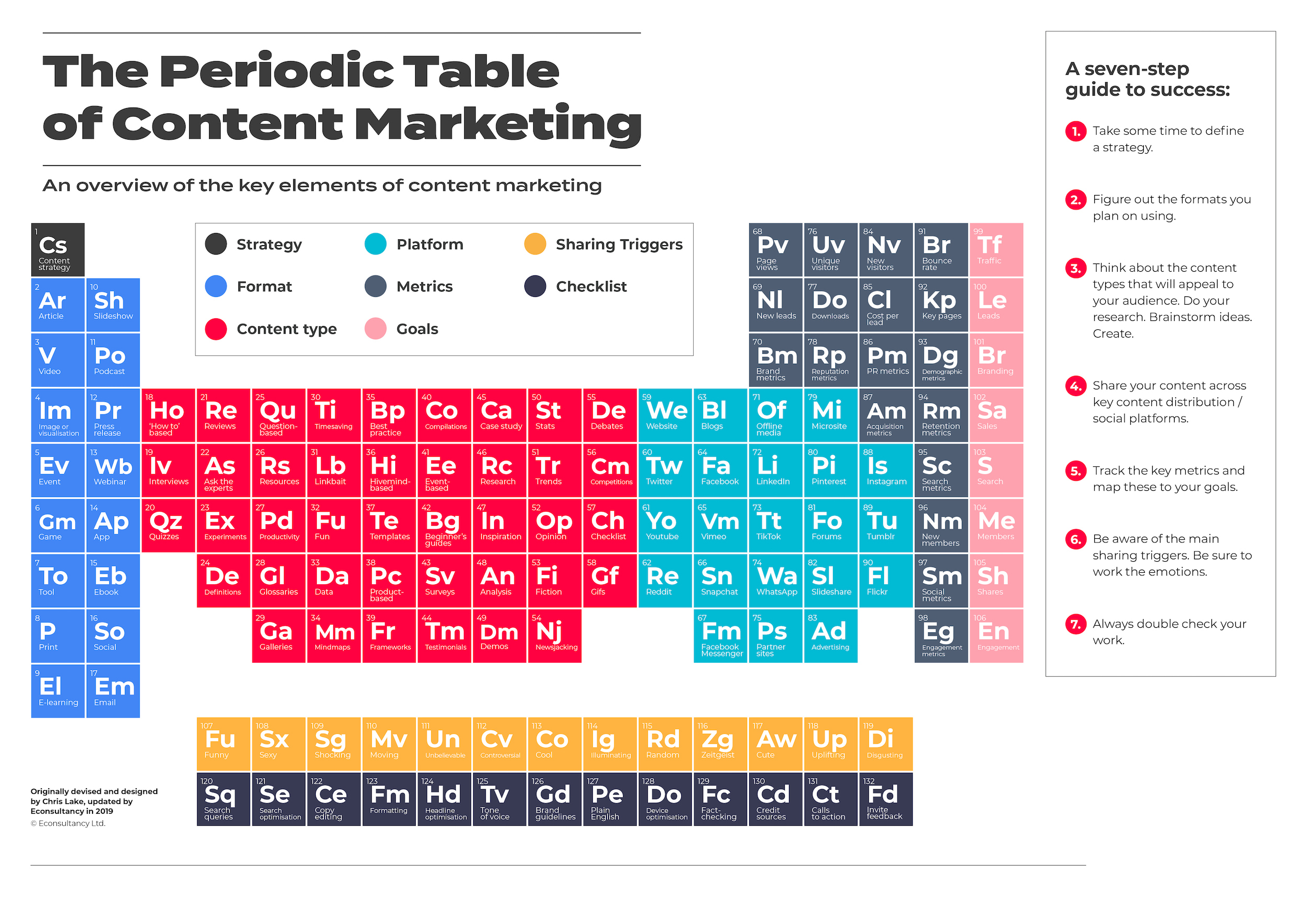Marketing your service or product to generate demand is among the hardest challenges new businesses have to overcome. Resources and budgets may be tight at first, so paying for marketing channels could be out of the question.
This is when content marketing can grow your business and help it thrive for the long run. It will require some commitment and take time to really show results but it is an inexpensive way to market that has proven success in other businesses.
Let’s begin by defining what content marketing is, then, we will go through how to get started with it and how other companies have found success using content marketing as their own strategy.
What is Content Marketing?
Content marketing is a strategy made for the distribution and creation of quality content in an effort to attract possible customers. This content can be many things such as, educational articles, newsletters, podcasts, videos, and plenty of others.
It is essentially any content that has the ability to engage and attract customers to your brand.
Now that older marketing methods like TV advertising have been proven less effective, content marketing is now the better way to garner interest in your product.
Develop Your Business’s Voice
Content marketing can help develop your relationships with customers and create the ever important brand loyalty that companies all strive to achieve with their target audiences.
You can use this style of marketing to figure out what kind of dialogue your customers respond to and develop a voice for your brand that can foster good communication.
Plus, once you have figured out your voice, you can establish your brand in that type of market and be able to branch off into other projects with this in mind. Huge brands like Wendy’s and Dove have very distinct personalities that people identify with and have proven to help business growth for them.
Getting Started With Content Marketing
- Answer Customer Questions If your business is just starting out, this is especially important. Many potential customers will have all kinds of questions and it is necessary to do some research to find the most commonly asked questions that are relevant to your business. For that matter, you should also have a way to openly communicate with your consumers to answer their questions. Writing up an FAQ is helpful but companies that use a messaging system that can answer user questions quickly have shown a lot of success. Think about it this way, if someone is looking to buy your product how often have they already done all the research and know exactly what they want? Almost never, so find a way to market answers to customer questions and it will be that much easier to sell your product.
- Content Marketing and the “Buyer’s Journey” The buyer’s journey is basically the process a buyer goes through starting from when they become aware of the product, compare it to other competitors, and in the end, buy your product or service. You should have content prepared for every stage of this journey. Have posts ready for those that are in the comparing process and try to streamline this process as best as you can. Use product guides that show that your product is the top option for whatever they are trying to purchase.Finally, when it comes to time for the buyer to buy, make this process easy and once they have finished give them a little extra content at the end that gauges their experience so you can improve the next customer’s “buyer journey” and so on.

- Use Customer Stories To some customers, there is no better way to sell them on your product than to offer some social proof that your product has worked for others. This can be done by simply just posting some Yelp reviews or you take it a bit further and create content like blog posts or social media graphics to promote former customer stories with your product. If people see that someone else had the same problem they had and it was solved by purchasing your product, you may not even have to say a word to get them to buy what you’re offering.
- Social Media Content marketing on social media is arguably the best way to do it. There is no end to the kind of content you can put out on there and you can get fairly creative as well, just be careful not to do anything too out of the ordinary and worsen your reputation. Just about every business uses social media in some capacity to promote their services. Whether it is sharing blog posts, user stories, new promotions, or simply interacting with customers, social media is a powerful marketing tool. Your Facebook, Instagram, or Twitter pages should be considered a central hub to where people can discover your products and interact with your posts to get your page noticed by more potential customers.Be sure that you post regularly but do not flood people’s timelines with too many posts. Ideally, post 2-3 times a day if possible and try and make a few of them fun and not necessarily about selling your service or promoting a new product.
Conclusion
Content marketing can take a little while at first but, if it proves successful, your return on investment could be huge.
Be sure to find your target audience and figure out how to interact with them through this marketing method if you wish to employ it in your business strategy. It can allow you to develop your company’s voice and establish your presence in the market.
Keep in mind the tips outlined above for getting started with content marketing and use it to your full advantage to generate greater customer involvement and hopefully some greater profits as well!
Want more insights?
Subscribe to our weekly marketing tips and advice, delivered straight to your inbox.
Oops! We could not locate your form.
Keep Reading
Want more? Here are some other blog posts you might be interested in.
Confusing a launch plan with a GTM strategy is one of the fastest ways to stall growth. A launch plan gets ...
On Monday, October 20, 2025, Amazon Web Services experienced a major incident centered in its US-EAST-1 region. The problem began in ...
There is a certain kind of account that arrives wrapped in urgency and praise. They hire you because you are the ...
For founders and growing companies
Get all the tips, stories and resources you didn’t know you needed – straight to your email!



